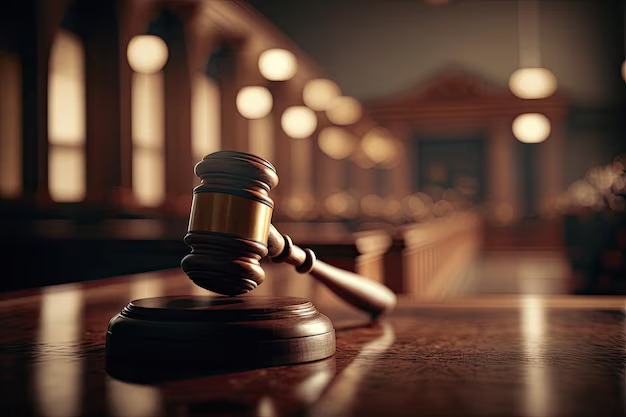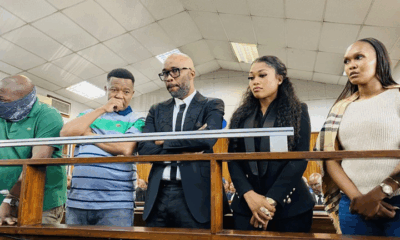News
High Court Throws Out R4 Million Defamation Claim Against Attorney

High Court Rejects R4 Million Defamation Claim in Mpumalanga
A high-profile defamation battle in Mpumalanga has ended with the High Court dismissing a R4 million claim brought by a senior municipal official, who accused an attorney of tarnishing his reputation in an investigative report.
Sinenhlanhla Manqele, technical director at Thaba Chweu Local Municipality, had alleged that comments in a 2022 council report painted him as incompetent, unqualified, and unfit for his role. He sought R2 million each from attorney Jimmy Baloyi and his law firm, Baloyi Masango Inc., plus interest.
From Sewage Spill to Courtroom Battle
The dispute has its roots in a sewage spillage case that saw the municipality found guilty under the National Environmental Management: Waste Act. The municipal manager admitted guilt on behalf of the council, triggering a deeper probe into how the environmental breach occurred and whether it could have been prevented.
Baloyi was tasked with leading that investigation, examining possible negligence by municipal staff, compliance failures, departmental accountability, and the seriousness of the pollution problem. Manqele was one of several employees interviewed during the process, though the report notes he insisted on legal representation before any conversation could take place.
A Damaging Assessment
When the findings were tabled before 28 councillors in August 2022, Baloyi’s report delivered a stark assessment of the municipality’s technical services division. It stated there was an “emergency” in the department that had not been acknowledged by its leadership, citing a lack of skills and urgency from the technical director down to frontline staff.
The report went further, suggesting the technical director “has no skills to occupy the position he is occupying” and does not grasp the seriousness of ongoing sewer spillages.
Manqele argued these remarks implied he was unqualified, corrupt, and unlawfully appointed, claims he said were false and malicious.
Judge Finds No Proof of Publication
In her judgment, Judge Lindiwe Vukeya pointed out that the report was a privileged document meant for the council, not for public distribution. Manqele, she noted, had been given the chance to present his side during the investigation but chose not to.
The court heard he had no evidence of the report being leaked beyond the council meeting. Manqele testified that he saw the report when a security manager showed it to him at his own request and that the manager has since died. On his own account, he was the only person outside the council who viewed it.
With no proof that the alleged defamatory statements were published to the public, the judge dismissed the claim in its entirety.
Why This Ruling Matters
The case underlines how high the bar is set for defamation claims in South Africa, especially when dealing with privileged documents produced during official investigations. Without clear evidence that damaging statements were shared beyond those entitled to see them, such cases are unlikely to succeed.
It also highlights the tensions that can arise when public officials are criticised in internal reports. While such assessments can be bruising, the courts maintain that protecting the integrity of internal investigations is essential for holding institutions accountable.
Also read: R955 Million Spent, No Class in Sight: Seven Gauteng Schools Still Unfinished
Follow Joburg ETC on Facebook, Twitter, TikTok and Instagram
For more News in Johannesburg, visit joburgetc.com
Source: IOL
Featured Image: Freepik


























